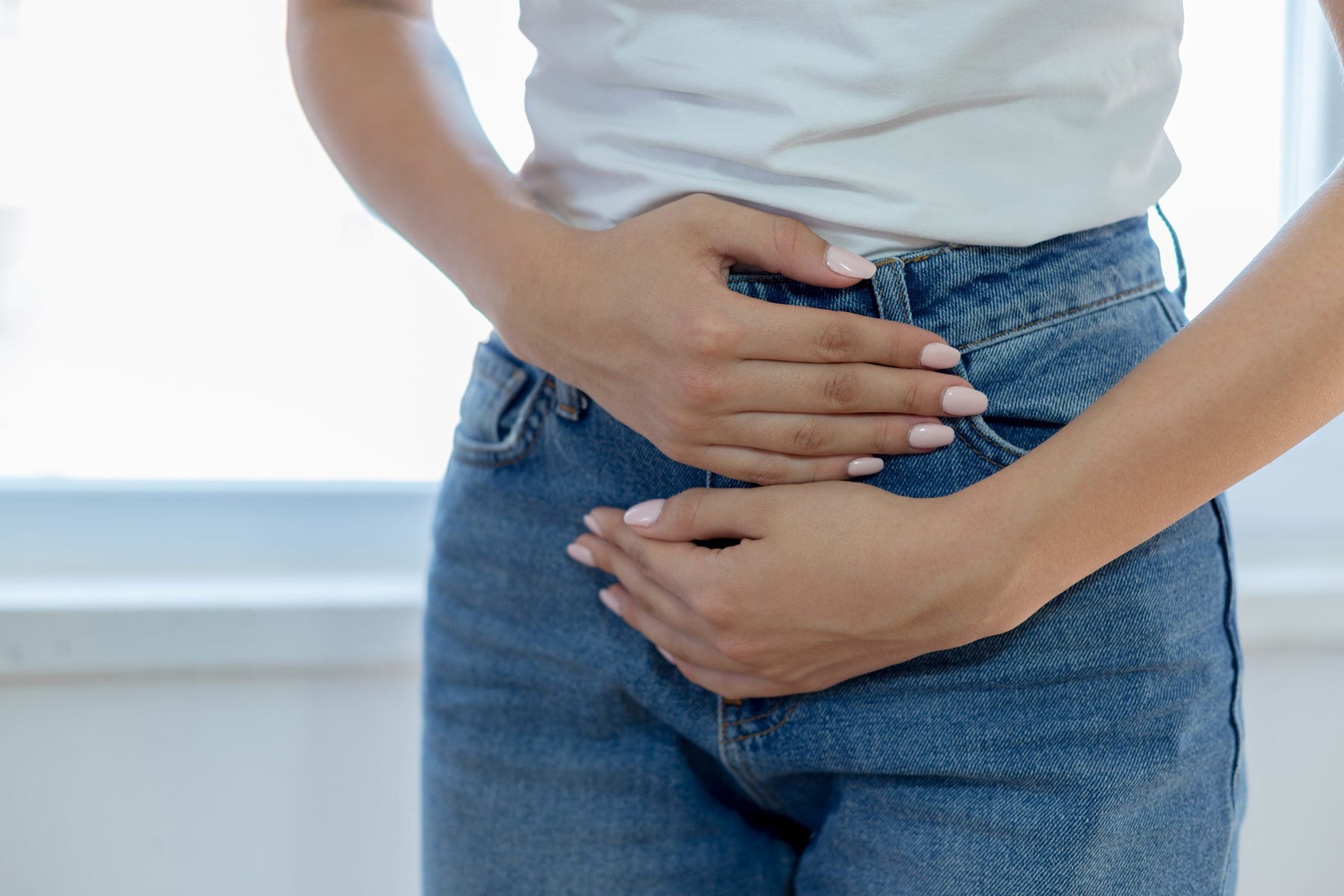
How To Deal With Indigestion
Indigestion covers a variety of symptoms from cramping in the stomach, to heartburn, bloating after eating, wind, belching, constipation and even pain in the bowel.
It is usually a sign the digestive system is having difficulty coping with breaking down food, and this is frequently due to a lack of stomach acid and digestive enzymes in the small intestine, as well as, a possible imbalance of gut bacteria. The problem can be made worse if you eat too quickly and don’t chew food thoroughly. Overeating, drinking in excess, eating refined and processed foods, or eating when stressed all exacerbate these symptoms.
Everyone is individual on the type of food that may be contributing to indigestion. However, foods that tend to be particularly difficult for the body to digest are red meat and cheese. It is also recommended to reduce intake of sugary and wheat based foods such as cakes, biscuits and croissants. Caffeine in any form whether it’s from coffee, tea or chocolate, as well as, onions, garlic and citrus fruits can be difficult to digest and cause acid reflux.
"Flaxseeds are a blend of insoluble and soluble fibre. I recommend using 1 tbsp of ground flaxseed in a smoothie or mixed in plain yoghurt every day."
Tips to change eating patterns:
- Turn off the computer, TV, put down the phone or tablet and sit down
and eat food in a relaxed setting. - Go for a gentle walk after eating, which really aids digestion.
- Avoid fruit immediately after a large meal as it may ferment and cause bloating and/or excess wind.
- Don’t drink too much liquid with meals as this dilutes the stomach acid, which you need to digest your meal.
- Avoid antacids that neutralize stomach acid, as you need stomach acid to digest your meals.
- Watercress, rocket, chicory and endive are bitter foods that are thought to stimulate the appetite and the production of digestive enzymes, as well as, improve digestion by regulating the flow of bile. Bile helps to break down fats.
Some ways of adding these foods into your diet are: use as the base of your salad, add in sandwiches and soups. Try a small rocket salad with fresh lemon juice squeezed on top as a starter to your main meal. Add a cap full of apple cider vinegar in a small amount of water and sip before each main meal. Again this will help stimulate stomach acid and digestive enzymes. Eating a diet rich in soluble and insoluble fibre will bulk the stool and encourage it to move gently through the bowel. Flaxseeds are a blend of insoluble and soluble fibre - I recommend using 1 tbsp of ground flaxseed in a smoothie or mixed in plain yoghurt every day.
"Udo’s Choice Super 8 Microbiotics formula contains the highest concentration (91%) of Lactobacilli in order to support digestion, elimination and the health of the small intestine."
Eat more fermented foods (prebiotics) to grow the good bacteria within the intestines and support a healthy digestive system, such as miso, sauerkraut, kimchi, tempeh and fermented greens powders.
Many people suffering from indigestion also benefit from supplementing with a broad-spectrum microbiotic (sometimes referred to as probiotics) containing strains of lactobacillus and bifodobacteria, as well as, a digestive enzyme formula that contains an enzyme to break down any type of food you may be consuming. For example, fats, proteins, carbohydrates, milk sugars and starches etc. Udo’s Choice Super 8 Microbiotics formula contains the highest concentration (91%) of Lactobacilli in order to support digestion, elimination and the health of the small intestine.
Udo’s Choice Super 8 Gold is formulated for maximum lower bowel support in adults with sensitive digestive systems, this formula has the highest concentration (80%) of Bifido strains that inhibit overgrowth of pathogenic bacteria and colonize the large intestine (colon).
Udo’s Choice Digestive Enzymes contain 7 plant based enzymes that effectively work to break down food. For best results take one digestive enzyme before each main meal and one microbiotic per day after food on a full stomach or before bedtime.
